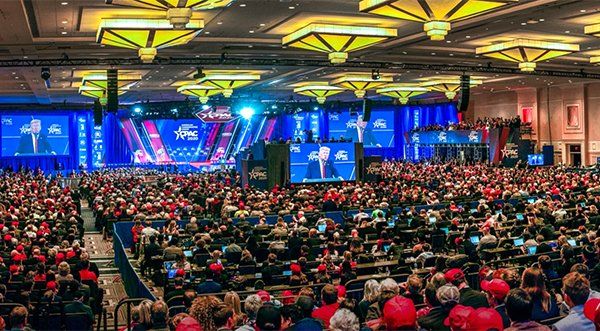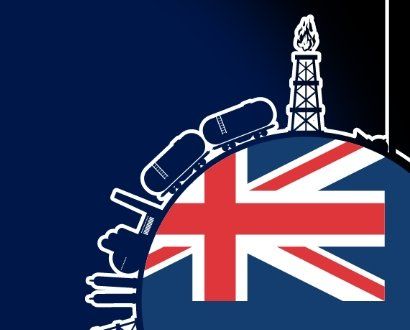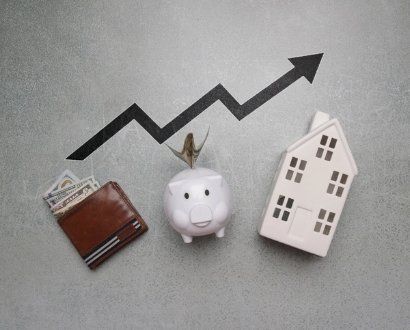2022 SPEAKERS
CPAC's mission is to create inspiring events and impactful campaigns for those that share our values and love of country.
PLEASE SIGN OUR CAMPAIGN PETITION
WE DID IT!!!
SAY 'NO' TO THE INDIGENOUS VOICE TO PARLIAMENT
CPAC is a values based nonprofit organisation that espouses the best of Howard, Reagan and Thatcher while exploring new ideas and themes for the coming generations. Help us spread the message.
Join Club CPAC today!
CLUB CPAC
STUDENT
FREE Per Month
Under 25, studying and tight for cash? Join for free and get the benefits of Club CPAC Financial.
CLUB CPAC
FINANCIAL
$8 Per Month
Early invitations, 20% discount on CPAC Conference Tickets, exclusive events, book signings and more.
FULL
MEMBER
$5,000 Per Annum
Full Voting Membership is reserved for those that are committed to our Mission. (Note - vetting procedures apply).
Trending blogs

By Curtis Moore
•
09 Sep, 2022
There’s no doubt about it – nuclear power is a hot topic. And with good reason – it has the potential to help solve many of the world’s energy problems. But there are also a lot of misconceptions about nuclear power. Take a few minutes to consider the benefits of nuclear energy, address the big questions, and discover why Australia should consider investing in nuclear power to help with baseload energy. “Nuclear is the safest way to make electricity.” - Michael Shellenberger The eight words in the above quote are bound to trigger climate activists across the great southern land. Still, educated climate change activists will understand the solution is not to live with less energy, but to embrace better technology, which includes nuclear power. Known by many as an environmental agitator who attacks leftist sacred cows, Michael Shellenberger is someone who isn’t afraid of speaking the truth. Poking conventional progressive positions has been his calling card - first defending nuclear energy against groups trying to shut it down, then arguing that climate change won’t be as bad as most believe. “Only nuclear energy can lift all humans out of poverty while preventing dangerous levels of global warming.” - Michael Shellenberger Michael Shellenberger believes using nuclear energy is the only true panacea when it comes to both addressing global warming and addressing the energy crises we will continue to live through. The French and the Swedes are good examples. Both countries built nuclear reactors in the 1970s and 1980s to meet the Green New Deal’s alleged climate goals. 95% of Sweden’s electricity in 2017 was generated from zero-carbon sources, with nuclear power and hydroelectricity accounting for 42% and 41%, respectively. Nuclear and hydroelectric power together made up 72% and 10% of France’s zero-carbon electricity. Look at Germany. As a result of Germany’s nuclear plant closures, it will have spent $580 billion on renewable energy and related equipment by 2025. In exchange for its “energy transition,” Germany will get 50% higher electricity prices, flat emissions, and an electricity supply that is ten times more carbon-intensive than France’s. Three things changed Michael’s thinking about nuclear energy. In 2005, Stewart Brand, one of the most famous U.S. environmentalists, came out as pro-nuclear. This stance shook him and made him reconsider his beliefs about nuclear energy. Secondly, he realized a few years later that solar and wind alone weren’t enough to power the world. It is highly regressive and adversely affects the poor more than the rich, both directly and indirectly since they make electricity more expensive and unreliable. After reading reports from the United Nations and World Health Organization, he was shocked to discover how few people died in Chernobyl. Finally, his perception of nuclear changed once he realized it wasn’t what he thought it was. He began wondering why we needed renewable energy if whole countries like France could run on nuclear power. Why was nuclear never adopted in Australia? The Australian government has discussed building nuclear power plants for many years but has never executed a concrete plan. Even though Australia holds 31% of the world’s uranium reserves, it has always been cheaper to use coal, gas, and oil for electricity. There is only one nuclear reactor in Australia, at Lucas Heights, south of Sydney, and it produces mostly low-level waste. Why has the idea been revived now? It seems that nuclear power can resolve a political dilemma. Because of its lack of fossil fuel dependence, it is considered a fast way to deliver zero-carbon power. Some argue that nuclear power can provide “dispatchable power” while still paying high salaries while “firming” up the grid at the same time, which is fitting because moving away from fossil fuels will hit working-class regions hardest. Do the costs and benefits make sense? There have been periodic attempts by governments to establish a nuclear power industry. A royal commission in South Australia in 2015 laid the groundwork for the rest of the nation. In 2019, the federal government launched an inquiry. Both reports agreed that “next generation” reactors showed promise, but any project would only go ahead with broad public support, and there’s the rub. If people aren’t willing to embrace nuclear energy as a possibility for Australia’s energy problems, then no nuclear-based project will get past the discussion phase. Three reasons for nuclear power in Australia Emissions-free Nuclear power produces no emissions, and nuclear reactors produce no greenhouse gas emissions during operation. The World Nuclear Association states, “if all current nuclear plants were replaced by fossil fuel plants, global CO₂ emissions would increase by about two gigatonnes a year – about the same as all the world’s cars produce.” Small footprint There is a minimal footprint associated with nuclear power plants. Despite its large size, the nuclear reactor is only a small part of the nuclear power plant. Moreover, nuclear reactors do not require large amounts of land to store fuel since they don’t burn fossil fuels. Baseload energy It is possible to provide Australia’s baseload energy with nuclear power. For the grid to function, there must be enough baseload energy generated. Because nuclear power plants can operate without interruption for long periods of time, they are ideal for providing baseload energy. Nuclear power has a lot of potential. And with the right policies in place, nuclear power could play a significant role in helping Australia meet its energy needs. Should Australia go nuclear? What do you think? Let us know in the comments. ABOUT MICHAEL SHELLENBERGER Michael Shellenberger is an American Author and former public relations professional whose writing primarily focuses on climate change, nuclear energy, politics, and progressivism. He is the author of the best-selling book San Fransicko, Apocalypse Never and a Time Magazine Hero of the Environment. He is a co-founder of the Breakthrough Institute and both the founder and President of Environmental Progress.
SUBSCRIBE
GET THE CPACian NEWSLETTER FOR INSIDER NEWS, EVENT NOTIFICATIONS AND CONFERENCE DISCOUNTS.
Authorised by Andrew Cooper, Conservative Political Action Network Ltd, 82 Boundary St, Brisbane City QLD 4000
Copyright | All Rights Reserved
© 2024





